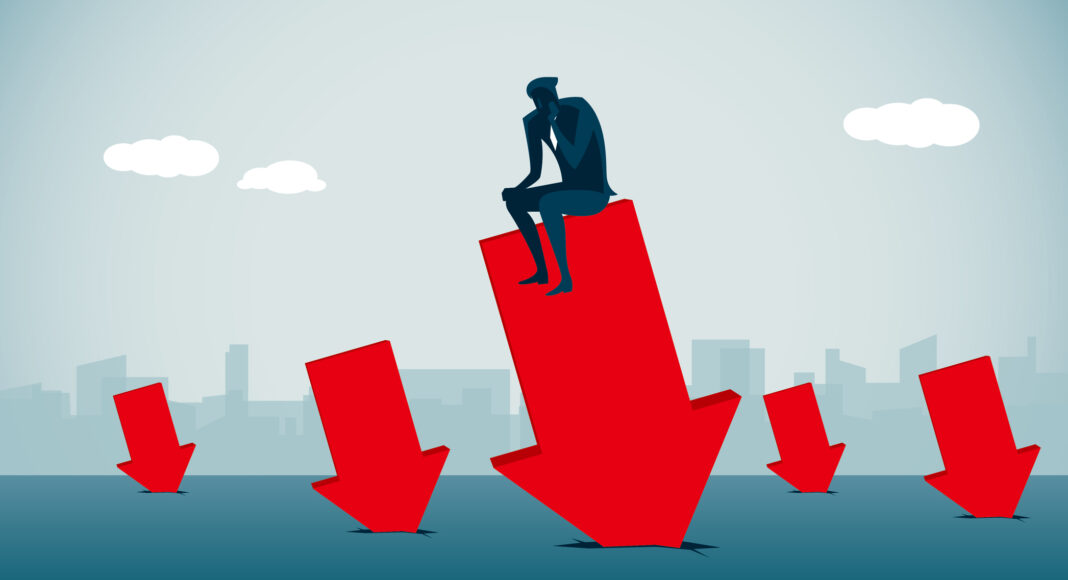A recent poll shows that 71% of Americans view large companies negatively. The change has been driven by Republicans who dislike the rise of political participation of corporations. The political and financial power unleashed by Citizens United and lax antitrust enforcement may be the source of companies’ newfound public scrutiny.
A recent Pew Research Poll shows that Americans’ views toward large corporations are the most negative they’ve been since the polling began in 2010.
Of the 5,098 respondents Pew polled from October 10th-16th, 71% said that large corporations had a negative impact on the way things are going in the country.
The change has come primarily from Republicans, who dislike “woke” companies and their interventions into politics. Republicans’ positive views of large corporations fell 52% from 2019 to 2022 according to the poll. A 2021 Gallup poll on the same topic corroborated the steep drop among Republican views toward big business. A 2021 New York Times poll indicated that 78% of Republicans think corporations have too much power.
One popular explanation for the change in heart, particularly among Republicans, is the advent of “woke” companies, especially the interventions of social media companies to remove former president Donald Trump after January 6th 2021. At the time, many large companies vowed to pull their political donations from Republican politicians who denied the results of the 2020 presidential election.
As Professors Matilde Bombardini and Geoff Stone recently argued in ProMarket, Citizens United gave corporations the right to unlimited political donations and have transformed them into political entities that the founding fathers never envisioned. The recent change in Republican views toward big business may be due to the seeming rise in woke business, but it in many ways reflects the ostensible political influence the Supreme Court handed corporations in 2010.
This has brought the debate over the power and purpose of corporations together in a new way: as companies continue to concentrate markets while simultaneously entrenching themselves into democracy, it is likely that they will continue to face scrutiny from the public that is parallel to their newfound positions as political power players.
This is evidenced by the fact that it’s not only Republicans who have negative views of large companies: only 25% of Democrats held positive views of large corporations in the recent Pew poll.
“Corporations have too much power,” Texas Democrat Melissa Montgomery told the New York Times last year. “We gave them too much power. We saw them as benign entities. We didn’t see them for the monsters they were going to become.”
The same sentiment is shared by many Republicans, Colorado Republican Congressman Ken Buck told ProMarket in an interview last April. Particularly, he thinks lax antitrust has allowed corporations to accrue too much power to the point that it is something that “scares” his constituents.
“I think the American people sense that something is wrong. They can’t define the Sherman Act or the Clayton Act, or other principles of antitrust, but they have a sense that something’s wrong…Policy is downstream of public opinion, and both Republicans and Democrats are getting the same message from our constituents: something needs to be done.”






